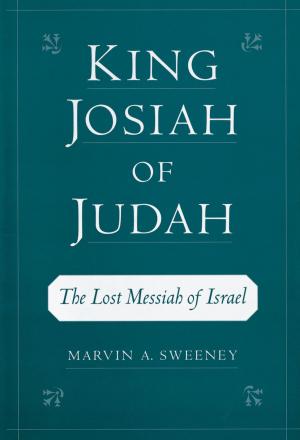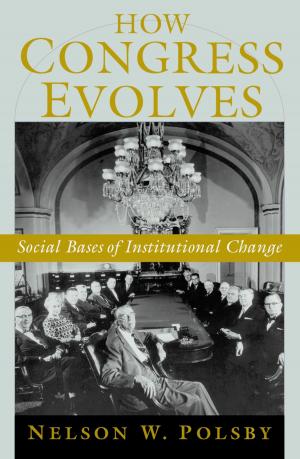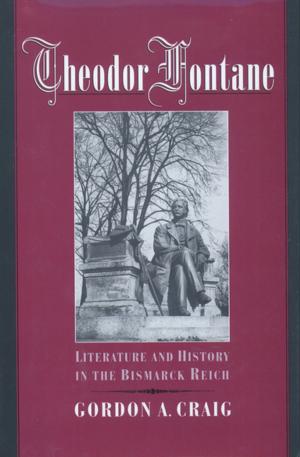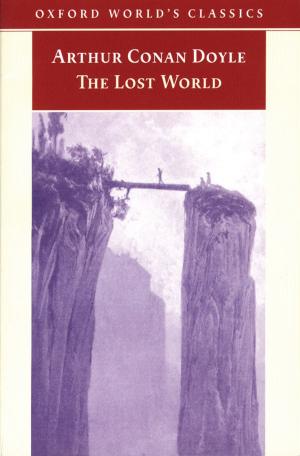A Yog=ac=ara Buddhist Theory of Metaphor
Nonfiction, Religion & Spirituality, Eastern Religions, Buddhism, Philosophy| Author: | Roy Tzohar | ISBN: | 9780190664411 |
| Publisher: | Oxford University Press | Publication: | April 9, 2018 |
| Imprint: | Oxford University Press | Language: | English |
| Author: | Roy Tzohar |
| ISBN: | 9780190664411 |
| Publisher: | Oxford University Press |
| Publication: | April 9, 2018 |
| Imprint: | Oxford University Press |
| Language: | English |
Buddhist philosophy is fundamentally ambivalent toward language. Language is paradoxically seen as both obstructive and necessary for liberation. In this book, Roy Tzohar delves into the ingenious response to this tension from the Yogacara school of Indian Buddhism: that all language-use is metaphorical. Exploring the profound implications of this claim, Tzohar makes the case for viewing the Yogacara account as a full-fledged theory of meaning, one that is not merely linguistic, but also applicable both in the world as well as in texts. Despite the overwhelming visibility of figurative language in Buddhist philosophical texts, this is the first sustained and systematic attempt to present an indigenous Buddhist theory of metaphor. By grounding the Yogacara pan-metaphorical claim in a broader intellectual context, of both Buddhist and non-Buddhist schools, the book uncovers an intense philosophical conversation about metaphor and language that reaches across sectarian lines. Tzohar's analysis radically reframes the Yogacara controversy with the Madhyamaka school of philosophy, sheds light on the Yogacara application of particular metaphors, and explicates the school's unique understanding of experience.
Buddhist philosophy is fundamentally ambivalent toward language. Language is paradoxically seen as both obstructive and necessary for liberation. In this book, Roy Tzohar delves into the ingenious response to this tension from the Yogacara school of Indian Buddhism: that all language-use is metaphorical. Exploring the profound implications of this claim, Tzohar makes the case for viewing the Yogacara account as a full-fledged theory of meaning, one that is not merely linguistic, but also applicable both in the world as well as in texts. Despite the overwhelming visibility of figurative language in Buddhist philosophical texts, this is the first sustained and systematic attempt to present an indigenous Buddhist theory of metaphor. By grounding the Yogacara pan-metaphorical claim in a broader intellectual context, of both Buddhist and non-Buddhist schools, the book uncovers an intense philosophical conversation about metaphor and language that reaches across sectarian lines. Tzohar's analysis radically reframes the Yogacara controversy with the Madhyamaka school of philosophy, sheds light on the Yogacara application of particular metaphors, and explicates the school's unique understanding of experience.















